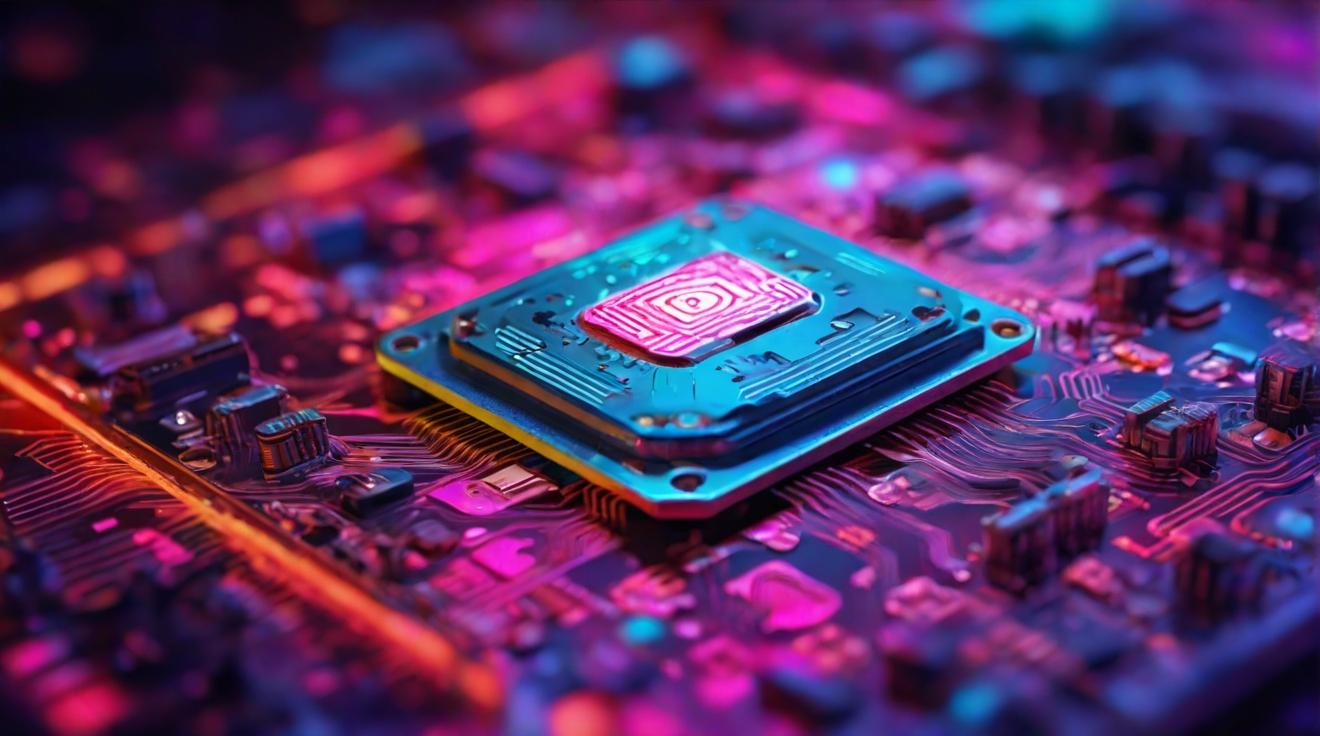TSMC Adjusts Outlook Amid Industry Fluctuations
In a significant announcement that shook the semiconductor industry, Taiwan Semiconductor Manufacturing Company (TSMC), a titan in the world of chip manufacturing, has recalibrated its forecasts for the year, citing a cocktail of macroeconomic and geopolitical uncertainties. The move by TSMC, a bellwether for the semiconductor sector, underscores the fragility of global supply chains and the volatile demand landscape that key industry players are navigating.
TSMC's 2023 Forecast: A Mild Recovery with a Focus on AI Accelerators
The semiconductor giant now envisions a "more mild and gradual" recovery for the industry, deviating from previously more robust projections. Yet, in a silver lining for the tech world, TSMC is bullish on the demand for AI accelerators, projecting an output surge. The company anticipates its revenue from AI accelerators to more than double in 2024, accounting for a low-teens percentage of its overall sales. Over the next half-decade, AI accelerator revenue is expected to gallop at a 50% annual growth rate.
However, not all is smooth sailing. TSMC acknowledges challenges with its 3-nanometer process node, crucial for cutting-edge chips. Industry giants like Apple and anticipated moves by Nvidia highlight the 3nm node's role and the strategic adjustments TSMC is making to optimize its capacities towards more lucrative AI chip production.
Strategic Shifts and Financial Implications
In a bold stride to cement its leadership in AI chip manufacturing, TSMC is reallocating resources, reducing its 5nm capacity to bolster the 3nm process essential for the next-gen AI accelerators. This maneuver, though strategic, is not without its downsides. The company braces for a 1 to 2 percentage point dip in its gross margin in the latter half of the year, though it remains steadfast in its long-term financial health forecasts.
On the innovation front, TSMC is betting big on its upcoming 2nm node, projecting an avalanche of tape-outs in its initial years, fueled by the insatiable demand for AI capabilities. The company's blueprint envisages a head start in volume production by 2025, setting the stage for a technological leap in semiconductor manufacturing.
The Battle for Semiconductor Supremacy
As TSMC fortifies its position in the industry, it does not stand unchallenged. Intel, with its ambitious growth roadmap and the technological promise of its Intel 18A process, is poised to be a formidable contender. Intel's plans to harness backside power delivery technology offer a glimpse into the future of chip performance and efficiency, pitting it head-to-head against TSMC's advancements.
This evolving competitive landscape, marked by intense rivalry with Intel and Samsung, signals a high-stakes race for supremacy in semiconductor technology. While TSMC's innovations, particularly in AI chip production, set a high bar, the company is keenly aware of the mounting pressure on its market share and profitability amidst this stiff competition.
In summary, TSMC's recalibrated outlook for 2023 and its strategic pivots illuminate the intricate dance of leading semiconductor players as they navigate technological challenges, fierce competition, and an unpredictable global demand landscape. The road ahead for TSMC, laden with both promising avenues and formidable challenges, epitomizes the relentless quest for innovation that defines the semiconductor industry.
Analyst comment
Neutral news.
As an analyst, TSMC’s adjustment in outlook reflects the fragility of global supply chains and the volatile demand landscape. While the company expects a mild recovery and increased revenue from AI accelerator production, challenges with the 3nm process node and intense competition from Intel and Samsung pose risks. TSMC’s strategic shifts and focus on AI chip manufacturing could strengthen its position, but the market share and profitability will face mounting pressure. The future of the company depends on navigating technological challenges and maintaining innovation.













